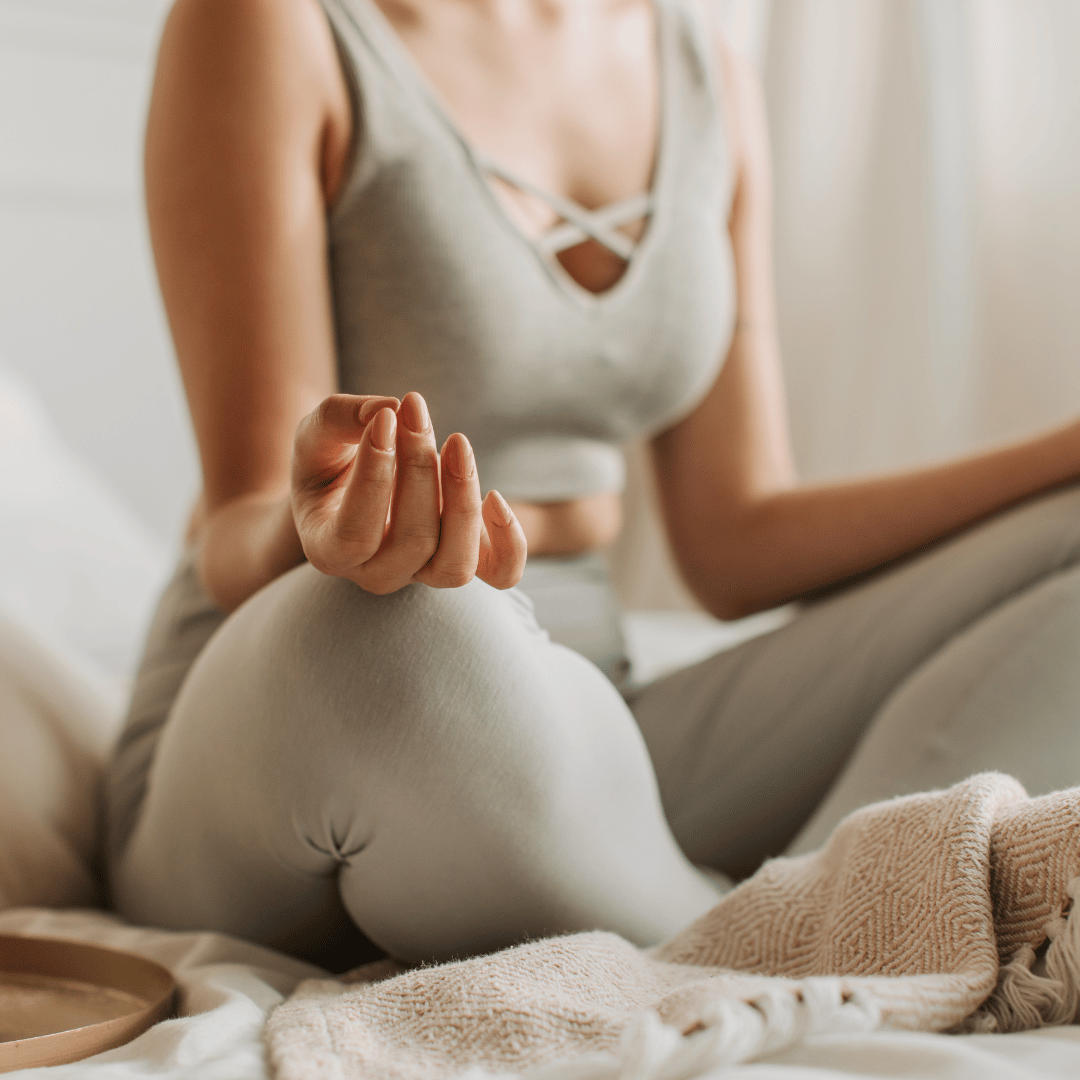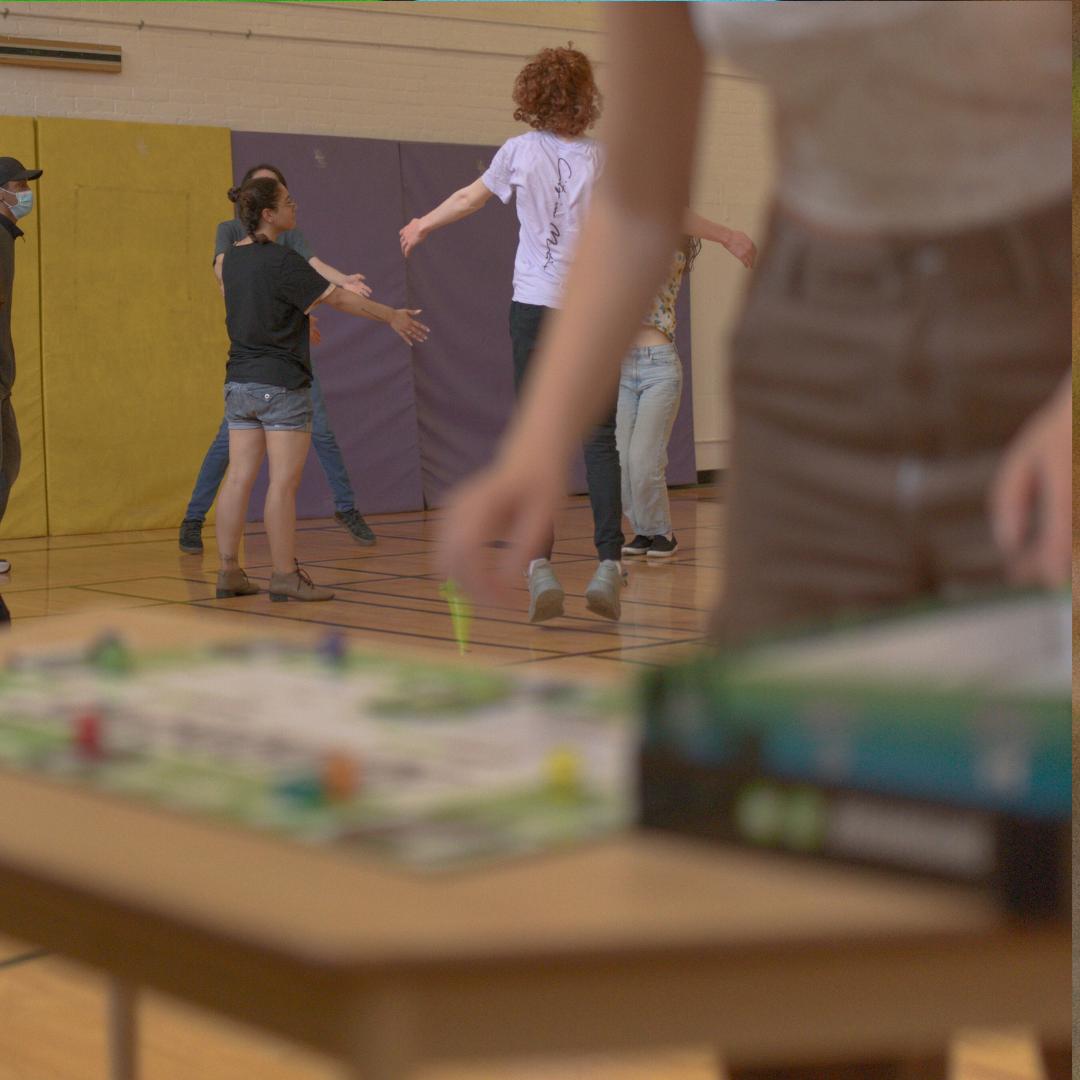In today's fast-paced world, we are constantly bombarded with distractions that make it difficult to focus on our inner self. Meditation is a practice that can help us to calm our minds, reduce stress, and achieve a deeper sense of relaxation. The benefits of meditation extend beyond just mental health, and research shows that it can also have a positive impact on physical health. In this article, we will explore the benefits of meditation, how to get started, and different meditation techniques to help you achieve a healthier mind and body.
Benefits of Meditation
Meditation has numerous benefits for both the mind and body. Some of the benefits include:
Reduced Stress and Anxiety
Meditation has been shown to reduce stress and anxiety levels in people of all ages. It helps to calm the mind and reduce the production of cortisol, the hormone associated with stress.
Improved Sleep Quality
Meditation can help improve the quality of your sleep by reducing stress and promoting relaxation. This, in turn, can lead to better mental health, improved mood, and increased energy levels.
Increased Focus and Concentration
Meditation can improve focus and concentration by training the mind to stay focused on the present moment. This can help improve productivity and efficiency, and reduce distractions.
Lower Blood Pressure
Meditation has been shown to reduce blood pressure, which can help lower the risk of heart disease and stroke. It can also help to improve overall cardiovascular health.
Improved Immune Function
Meditation has been shown to improve immune function by reducing inflammation in the body. This can help to reduce the risk of chronic diseases and promote overall health and wellness.
How to Get Started with Meditation
If you're new to meditation, getting started can be a bit intimidating. Here are some tips to help you get started:
Find a Quiet Space
Find a quiet space where you can meditate without distractions. This can be a spare room, a quiet corner of your home, or even outside in nature.
Choose a Comfortable Position
Choose a comfortable position that allows you to sit upright with your spine straight. This can be on a cushion on the floor, in a chair, or even lying down.
Set a Timer
Set a timer for your meditation session. Start with just a few minutes, and gradually increase the time as you become more comfortable with the practice.
Focus on Your Breath
Focus on your breath and try to clear your mind of all other thoughts. When your mind wanders, gently bring it back to your breath.
Different Meditation Techniques
There are many different meditation techniques to choose from, and it's important to find one that works for you. Here are some of the most popular meditation techniques:
Mindfulness Meditation
Mindfulness meditation involves focusing on the present moment and observing your thoughts without judgment. This can help you become more aware of your thoughts and emotions, and develop a greater sense of self-awareness.
Transcendental Meditation
Transcendental meditation involves repeating a mantra or word silently to yourself. This can help you achieve a deeper sense of relaxation and reduce stress and anxiety.
Yoga Meditation
Yoga meditation involves combining physical postures with breath work and meditation. This can help improve flexibility, reduce stress, and promote overall health and wellness.
Conclusion
Meditation is a powerful practice that can help you achieve a healthier mind and body. Whether you're looking to reduce stress and anxiety, improve focus and concentration, or promote overall health and wellness, meditation can help. By finding a quiet space, choosing a comfortable position, setting a timer, and focusing on your breath, you can get started with meditation today.
FAQs
1. Can meditation help with depression
Yes, meditation has been shown to help with depression. Studies have found that regular meditation practice can help reduce symptoms of depression and improve overall mood. Meditation can help you develop a greater sense of self-awareness, reduce stress, and improve emotional regulation, all of which can help with depression. However, it's important to note that meditation should not be used as a substitute for professional treatment for depression. If you're experiencing symptoms of depression, it's important to seek the help of a healthcare professional.
2. How often should I meditate?
It's recommended to meditate for at least 10-15 minutes each day, but you can gradually increase the time as you become more comfortable with the practice.
3. Do I need any special equipment to meditate?
No, you don't need any special equipment to meditate. All you need is a quiet space where you can sit comfortably.
4. How long does it take to see the benefits of meditation?
The benefits of meditation can vary from person to person, but some people report feeling more relaxed and less stressed after just a few minutes of meditation. However, it may take several weeks or months of consistent practice to experience more significant benefits.
5. Can meditation be practiced by anyone?
Yes, anyone can practice meditation regardless of age, gender, or fitness level. However, if you have any underlying health conditions, it's important to consult with your healthcare provider before starting a meditation practice.










Leave a comment
This site is protected by hCaptcha and the hCaptcha Privacy Policy and Terms of Service apply.